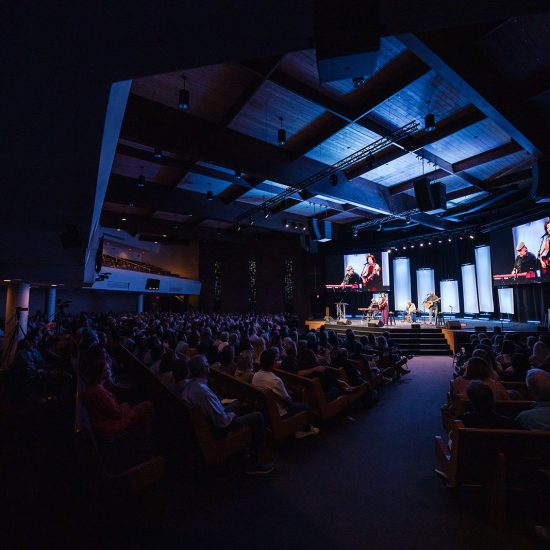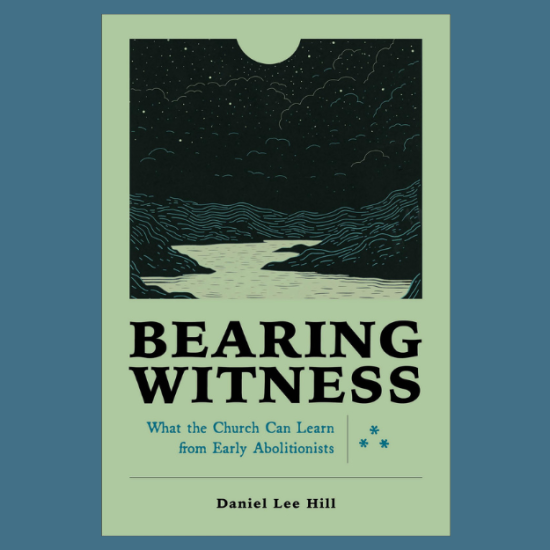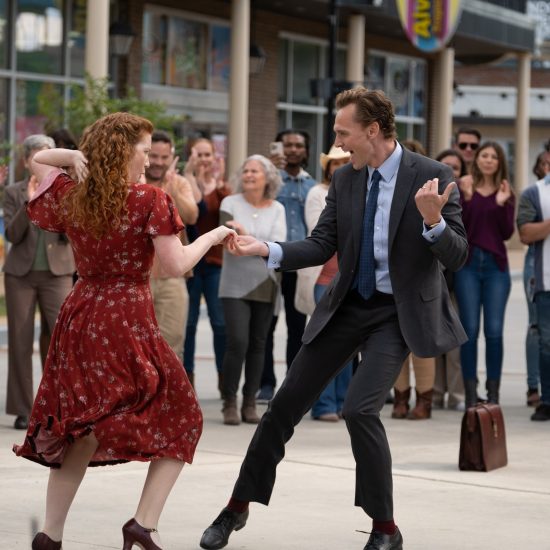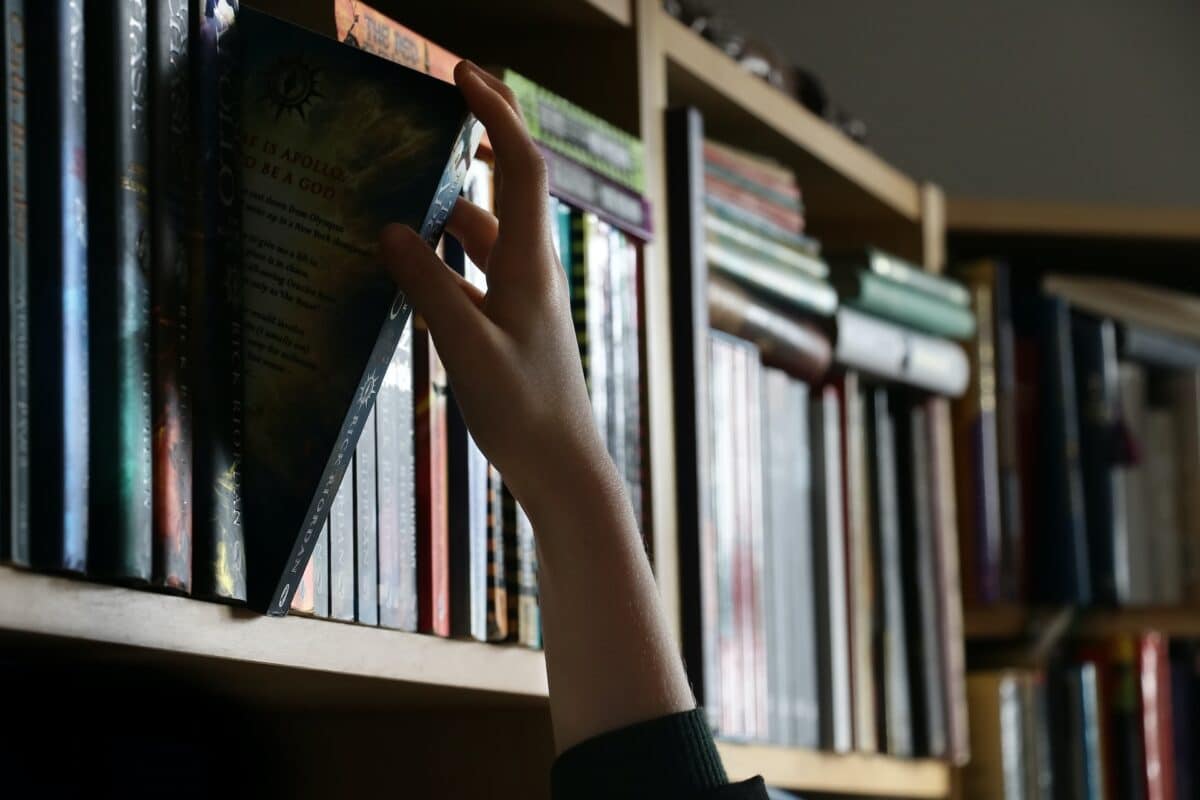
As our libraries and school curriculums come under attack by factions that want to censor certain materials, it is often frustrating for me to see so much misplaced time and energy when there are so many other more pressing issues in our country. Then, I see it clearly. Stories are a battleground because they have great power to change things, and those who are afraid of change know that controlling the narrative is vital to preserving things as they like them to be.
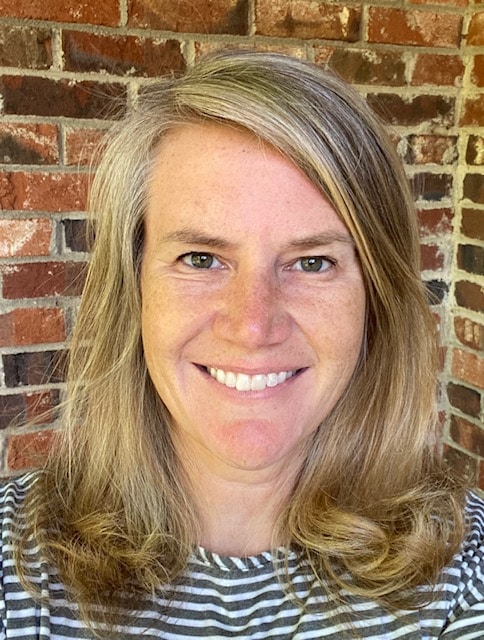
Sarah Blackwell
Stories are important — they have the power to make a difference in people’s lives. We may not remember all the details, but we recall how they made us feel. I can clearly picture sitting on the floor of my second grade classroom, a white polar bear stuffed animal in my hands (to keep me from playing with the new-fangled Velcro on my purple Kangaroo tennis shoes in an incredibly ingenious teacher hack of the early 80s), wondering how one would even get into a giant peach like James did. I cannot recall any of the details of this book, but I do still feel my childhood amazement that someone could even think up what it would be like to be in a peach.
Then, I am in fifth grade at my desk with a great sense of injustice burning inside as my teacher reads The Whipping Boy. I am in seventh grade and the Logan family’s farm is burning in Roll of Thunder, Hear My Cry, and I am so mad and sad all at once. I am in eighth grade as my teacher begins to weep as she reads Flowers for Algernon to us, and I am thinking about how vulnerable she is with us and how it is okay to cry even as an adult. I still cannot think of Where the Red Fern Grows or A Day No Pigs Would Die or To Kill a Mockingbird without getting a lump in my throat. Books like The Westing Game and Rebecca led me to love mysteries and the challenge of figuring them out before the big reveal. Books are interwoven throughout the fabric of my adolescence.
If secular stories like these have the power to change our lives, how much more when we marry them with the big questions of faith and theology? There is nothing like that moment when your young child looks over at you after Aslan comes back, and with glowing recognition in their eyes exclaims, “That’s just like Jesus!” and you think, well played, Mr. Lewis, well played. Many, like Jerome Berryman, author of the Godly Play books, have described understanding our faith tradition as learning a foreign language. Children are wonderful at acquiring new words, making it a prime time to teach the language of faith. With any new language, there must be time to practice and hear it spoken. However, since the actual number of hours our families are spending in traditional church contexts is dropping, we must provide this language practice in other ways. Daily reinforcement is needed to make children and youth comfortable so that when they have their “immersion experiences” like summer camps or retreats, they are ready to thrive in their environment.
Studies show the influence of parents continuing to be the number one element in faith formation. Unfortunately, parents often feel inadequate or untrained in how to be teachers of the language of faith. It is like being able to read German but not really talk to other people (and especially not native speakers) in the language. Teaching our children to speak using wondering questions helps us gain confidence in our own faith-speaking abilities — making it less intimidating to talk about and preparing us for a time that may arise when a non-believer asks us questions and provides an opening to share the good news.
Our children are walking around each day speaking the language of the world; so, it is powerful when we can take the stories of the world and translate them into our own religious language.
For example, my husband’s job put him in contact with many young adults who were just starting their parenting journey. Several years ago, I decided that I would choose one book to send to any of these co-workers who had a new baby. Choosing the book, though, seemed like a meaningful task. What one book would I want my child to be sure that they read? Recognizing that the recipients would be people from many different faith backgrounds and traditions, I wanted something that shared a gospel message of love in a way that all could receive. Thus, enter Little Blue Truck.

Photo by Pierre Bamin on Unsplash
If you are not familiar with Little Blue Truck, it follows the story of a truck that makes friends with all it comes in contact with including a slew of barnyard animals (I mean, every great kids’ book has to have some farm animal fun). When a big mean ol’ dump truck gets stuck in the mud, Little Blue Truck comes to the aid of this bully and sets an example for his friends about loving our enemies. We can teach our children what Jesus said about loving our enemies time and time again, but it really sinks in when we think about that Little Blue Truck putting itself in harm’s way to help the mean dump truck. How our children will remember the change of heart at the end when the dump truck explains, “Now I see a lot depends on a helping hand from a few good friends!”
Stories make the teachings of our faith come alive. It is why Jesus taught so often in parables. I remember reading The Hiding Place (Young Reader Edition) with my son and talking about the moment that Corrie Ten Boom had to face a former concentration camp captor and decide whether to condemn or forgive. How that story brings to life the agony of such a decision! Here we see two different age-appropriate ways to reinforce the ideas of forgiveness and love of enemies.
Biblical themes surround us if we just keep our eyes open. My family watched the movie Rise about the Antetokounmpo Family. In the movie, as NBA superstar Giannis and his brothers grew up as illegal immigrants in Greece, we saw, over and again, the idea of taking care of the stranger and how simple acts of kindness can change the entire course of someone’s life. My boys were incensed when a country that had treated him poorly in many ways growing up, embraced him once he was seen to have such talent. This led to discussions about how immigrants are viewed and treated in our own culture. When we watched the movie, Encanto, it led to a great discussion of what our spiritual gifts are and if some gifts were viewed as better than others. Tuck Everlasting brought questions about death and what is really meant by eternal life. I remember one of my sons really hated the classic, The Little Engine that Could (he also hated Caps for Sale but that came more from the inexplicable arrival of monkeys). I did not understand his dislike until we discussed it further, and he said he did not like how the little train was given such a big job all on his own without help and told that if he just thought about it hard enough, he could do it. My son’s argument was that sometimes we just cannot do things on our own. All of these were theological conversations in my household without actually picking up the Bible and reading it.
Like Paul at Mars Hill in Acts 17, we start the dialog with the things we see right around us. We do not need to live in a Christian bubble, instead we encounter the secular world and translate it into the language of faith for our children so that they can learn to do the same as they grow. So maybe instead of focusing on all that book banning, we can use literature to talk with our children and youth, using the language of faith, while they still will listen to us rather than leaving them to figure out things on their own when they are grown. So grab a copy of a banned book like The Lorax, Charlotte’s Web, A Wrinkle in Time, Alice’s Adventures in Wonderland, The Diary of a Young Girl, or The Hate U Give and translate it to the language of faith this week in your home.
Sarah, Plain and Tall, is a contributing writer at Word & Way and a 2020 graduate of the Gardner-Webb School of Divinity. She is an adjunct instructor in the Religion and Philosophy Department at Wingate University in Wingate, NC and a D.Min. student at McAfee School of Theology. Her intergenerational faith formation book, God is Here is available through Amazon and other online book retailers. Follow her writings at www.proximitytolove.org.

